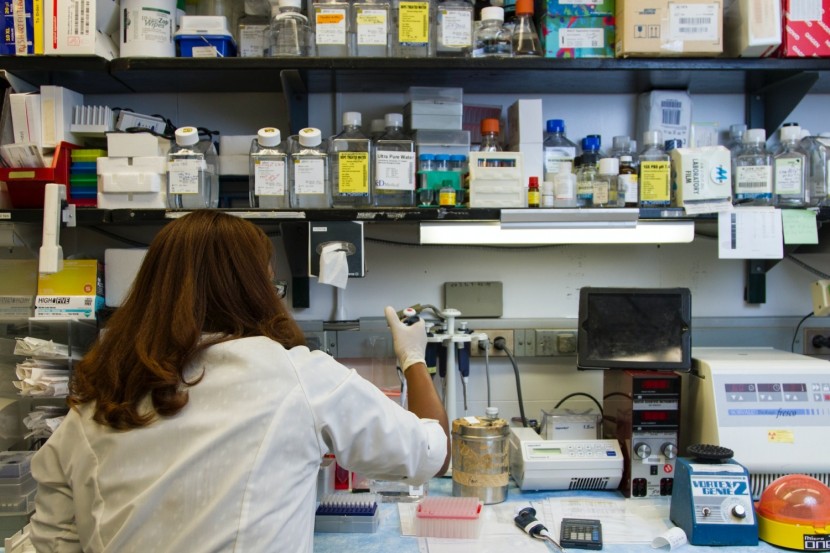
Late-stage testing of an experimental Alzheimer's drug developed by Eli Lilly showed a 35% reduction in cognitive decline, the company announced on Wednesday, May 3. This provides what experts are calling the strongest evidence yet that clearing the brain of sticky amyloid plaques helps patients with the fatal disease.
Completed Clinical Trial With Success
According to Lilly, their donanemab medicine was successful in all aspects of the experiment, Reuters reported.
Brains of 1,182 persons with early-stage Alzheimer's disease indicated deposits of two important Alzheimer's proteins, beta amyloid and intermediate levels of tau (a protein connected with disease development and brain cell death). This minimized the progression of Alzheimer's by 35% compared to a placebo.
Donanemab was also tested in 552 individuals with elevated tau levels, and the researchers discovered that when the two groups were merged, the medicine reduced the development of dementia by 29% using the Clinical Dementia Rating Scale (CDR-SB).
In this metric, Lilly's results are on par with those of Eisai and Biogen, whose lecanemab product decreased cognitive decline by 27% in patients with early Alzheimer's. The drug is marketed under the brand name Leqembi.
Lilly's stock price hit an all-time high on the news, climbing 6% to $429.85. In a report by CNN, the firm refused to discuss the drug's cost before approval.
Words From Experts
Dr. Ronald Petersen, an Alzheimer's expert at Mayo Clinic, said Lilly's study is the third to prove that reducing amyloid from the brain slows disease development. Apparently, this might dispel any remaining reservations about the class' advantages and the amyloid-lowering notion.
Washington University neurologist Dr. Erik Musiek from Barnes-Jewish Hospital said the results seem to be equal with, if not superior to, lecanemab.
Moreover, according to Musiek, the findings provide some of the first evidence for the value of early treatment. "It really does suggest that you need to remove these plaques early before the tau really gets going," he pointed out.
Read Also : Younger Women Have Nearly Double the Risk of Rehospitalization Following a Heart Attack Than Men
Risk to Be Taken Into Account
Brain swelling, a documented adverse effect of donanemab, occurred in 24% of patients, with 6.1% having symptoms.
About 13.6% of those given a placebo had a brain hemorrhage, compared to 31.4% of those given donanemab. Meanwhile, Leqembi's Phase 3 trial showed that the medicine caused brain enlargement in about 13% of study participants.
Lilly reported that 1.6% of research participants had major brain swelling. This number includes two fatalities directly related to the disease and a third that occurred after a serious brain swelling episode.
Lilly aims to submit for customary US clearance by the end of June and with foreign authorities soon after. A company official predicted a US clearance by year-end or early 2024.
After Eisai and Biogen's Leqembi and Aduhelm failed to gain traction with doctors and insurers due to a lack of evidence that they slowed cognitive decline, Lilly's drug is poised to become the third in its class on the market.
© 2025 HNGN, All rights reserved. Do not reproduce without permission.








